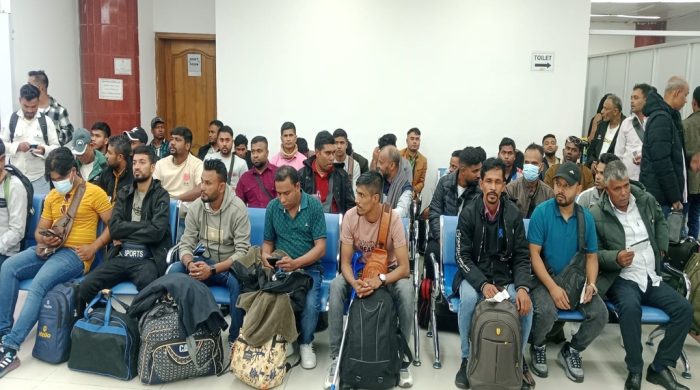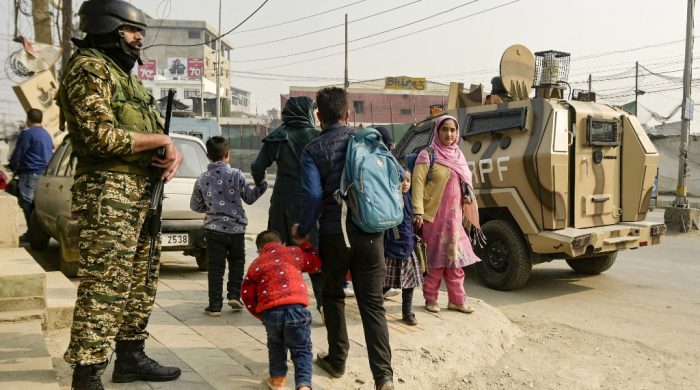Govt approves two more stimulus packages worth Tk 2,700cr

- Update Time : Sunday, January 17, 2021
- 91 Time View

The government approved two more stimulus packages worth Taka 2,700 crore to infuse dynamism into cottage, micro and medium industry to offset COVID-19 shock, improve rural marginal people’s livelihood and expand social safety nets for extreme poor aged-people and widows.
Prime Minister Sheikh Hasina has approved these two stimulus packages while implementation of the packages will start shortly, said a Finance Ministry press release on Sunday.
The release said with the addition of two latest packages, the total number of stimulus packages now stood at 23 with an overall outlay of Taka 1,24,053 crore which is also 4.44 percent of GDP.
The size of the freshly approved first stimulus package is Taka 1,500 crore and out of this amount, Taka 300 crore will be given to the SME Foundation for expanding its operations meant for the cottage and SMEs alongside facilitating the female entrepreneurs.
Besides, Taka 100 crore will be provided to BSCIC, Taka 50 crore to Joyeeta Foundation, Taka 50 crore to the NGO Foundation to undertake various programmes to improve the livelihood of marginal people, Taka 300 crore to Social Development Foundation, Taka 300 crore to Palli Daridro Bimochon Foundation, Taka 100 crore to Small Farmer Development Foundation, and Taka 300 crore to Bangladesh Rural Development Board.
The size of the fresh 2nd stimulus package is Taka 1,200 crore and it will be spent for bringing the poor people, widows and husband abandoned women of some 150 upazilas under the government allowances in the next fiscal year (FY22).
The Finance Division has recently organised three view-exchange meetings on the overall aspects of stimulus packages and economic recovery in the wake of COVID-19.
These meetings suggested for expanding the coverage of credit through the various government and semi government agencies related to cottage, SMEs, alongside the banking system to infuse more dynamism in the rural economy to deal with the COVID-19 situation.
Besides, the participants in the meeting also advocated for taking more steps for developing women entrepreneurship, improving the livelihood of the marginal people in the rural areas to further alleviate poverty and thus expanding the social safety nets for the extreme poor families.
High government officials, business leaders, representatives from the banks, financial institutions, development partners and agencies, research organizations, stakeholders of various sectors and media personnel attended those meetings.

























